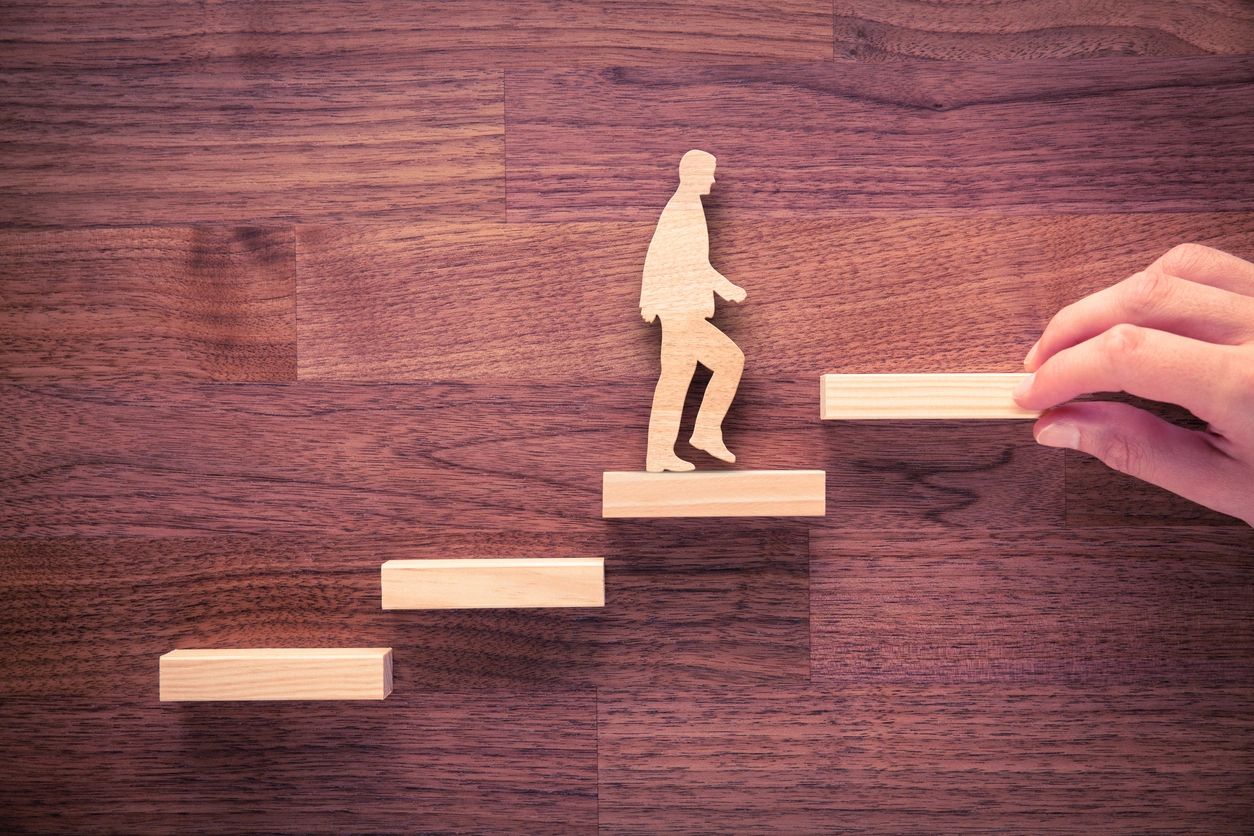Failure Teaches Valuable Lessons

Failure, even more than success, is a valuable teacher. While failure may seem like a negative situation, it can motivate and teach you to improve yourself through personal reflection and growth, acquiring new skills, and strengthening your commitment to success.
Business leaders, life coaches, and educators all promote learning from your failures to help you reach your goals.
Lessons of Personal Reflection and Growth
· Acknowledge Your Emotions
· Take Responsibility
· Show Yourself Compassion
When you fail, it’s common to feel anger, sadness, guilt, or shame at making a mistake. Psychologists teach people to acknowledge their emotions so they can forgive themselves and move forward. Accepting how the negative consequences of failure make you feel helps you understand those consequences and avoid them in the future.
To acknowledge your emotions, you need to accept responsibility for your failures. Accepting responsibility is different than blaming yourself. By accepting responsibility, you are accepting control of yourself and your actions, which can be improved for a better outcome in the future. Blaming yourself only hurts your self-esteem and can lead to fear and the belief that you can’t and won’t succeed.
Because failure causes negative emotions, you need to show yourself compassion. Think of the times you’ve consoled a friend or coworker who made a mistake and helped them to correct the problem. Listen to your own advice and allow yourself the opportunity to learn from your failures.
Lessons of New Skills
· Logic
· Planning
· How to Correct Problems
Failure helps you learn and grow your skills so you can succeed in the future. When you fail, you need to review what led to the failure and make a calm, logical review of what went wrong. At this point, you must have moved past your emotions so you can analyze the situation logically and find ways to solve problems.
To reach your goals, you need to have a plan. Failure shows you what you need to do to change and improve your plan to achieve success. Failure helps you build, adjust, and refine your plans by teaching you what doesn’t work.
The best lesson you can learn from failure is how to correct problems in the future. Each time you face an obstacle in life, you will have choices about how best to overcome it. Failure improves your skills of logic and planning, so you know how to avoid and correct problems to reach even greater success.
Lessons of Commitment
· Mindfulness
· Setting Reachable Goals
· Action
Mindfulness is the practice of focusing on the present without worrying about the past or future. Failure teaches mindfulness by showing you that you can survive your mistakes and that planning, not worry, helps you correct them in the future. By focusing on what you can control and change, failure shows you how to stay mindful when faced with a problem.
Over-reaching goals are rarely obtainable. Failure teaches you to set goals you can reach and build on each achievement to move toward success. A succession of small goals rather than a big goal without a plan is a more logical and realistic way to overcome obstacles.
Failure also teaches you to take logical, obtainable action. Goals can’t be reached by wishing for something better. By learning from your failures, you strengthen your commitment to positive, productive action toward finding reachable solutions.
While the negative consequences of failure can seem harsh, failure teaches valuable lessons on how to succeed. Your failures teach you that personal reflection and growth are needed to move forward. Failure improves your problem-solving skills. And when you fail, future success requires a strong commitment to reaching your goals.
How Mistakes and Failure Elevate Your Capability Level

Do you know what goals you are capable of achieving? Do you wonder what level of commitment you have toward reaching your goals and if you have the skills and abilities needed to succeed?
Ask any successful person how they became capable of reaching their goals, and they will tell you it’s because they failed and learned from their mistakes.
Psychologists have studied how failures and mistakes help people become capable of success. Science points to the lessons learned from failure and mistakes as the way people learn, grow, and reach their highest capabilities.
These lessons include:
· Accepting Change
· Increased Problem-Solving Skills
· Greater Confidence
· Optimistic Outlook
Accepting Change
Achieving success requires being capable of accepting change. Every goal you have is designed to move you from the situation you are in now to the situation where you want to be. Achieving your goals cannot happen without change.
Depending on what you want to accomplish, you may need to change your mental, emotional, and physical response to challenges and obstacles. Failure shows you the consequences of not making the right change or of taking no action at all toward your goals. Mistakes teach you how to adjust your plan to achieve success.
Consider the goal of losing weight. If you weigh yourself a month from now and you haven’t lost any weight, your failure shows you that having a goal is not enough to achieve it. You must also take action to reach your goals, possibly by changing your diet or exercising. Gaining weight because you changed your diet to include more desserts and fried foods quickly teaches you that action was a mistake and didn’t help you. Now you know that you have to embrace positive change to reach your goal.
Increased Problem-Solving Skills
Using the same example of a goal to lose weight, your failure shows you that you have a problem succeeding. The mistakes you made, like eating unhealthy foods, increases your knowledge and ability to make better choices to solve the problem. You may not have known which foods are the healthiest, but now you know that desserts and fried foods don’t help you, so you then learn to try different foods instead. Before you make your next grocery list or order a meal at a restaurant, you can choose to research to find out which foods are healthier choices. The knowledge you gain helps you solve the problem of what to eat or not to eat to lose weight and a greater capability to succeed.
Greater Confidence
Most people believe that success builds confidence. Failures and mistakes build confidence, too, because they provide a reason and motivation to try and learn new things. If you don’t lose weight on a specific type of diet, your failure gives you a reason to try a different one.
Trying different foods and realizing that you don’t like them or realizing that you like them so much you overeat are mistakes that give you more confidence about your likes and dislikes. Your capability to put aside your fear of unknown foods and flavors lessens each time you learn more about what you like and don’t like.
Optimistic Outlook
Having an optimistic outlook is the result of creating a positive mindset. Failures and mistakes help you create a positive mindset by teaching you that you can recover setbacks. A positive mindset helps make you more resilient and grows your capability to try again when you fail.
Some people find themselves giving up very quickly when faced with a challenge or obstacle. They let their failures and mistakes keep them from succeeding. But failures and mistakes can also teach you that you can find solutions that help you reach your goals. Failures and mistakes offer the opportunity to be confident about the changes you need to make to succeed.





